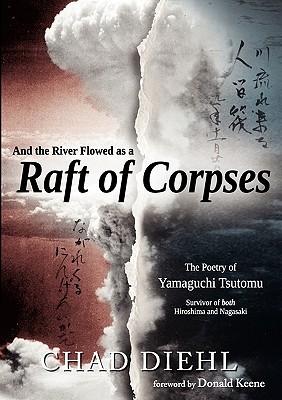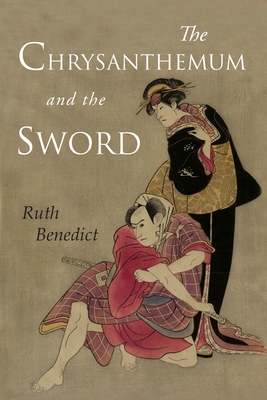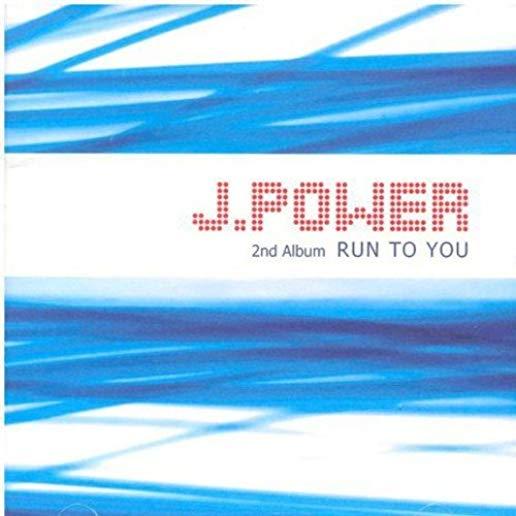
Diehl, Chad
product information
description
ctoral candidate, introduces Raft of Corpses as the first official translation of the tanka poetry of Yamaguchi Tsutomu (1916-2010), a survivor of both atomic bombings at Hiroshima and Nagasaki in 1945. Chad lived with Yamaguchi in Nagasaki during the summer of 2009 to gain insight and instruction in order to create the most accurate translations possible. Chad includes in the book a lengthy introductory essay about Yamaguchi's experience to provide essential context for the poems, and he has also written a preface in Japanese for Japanese readers. "I thought the mushroom cloud had followed me to Nagasaki," Yamaguchi recalled decades after the bombings as he tried to explain his incredulity at the terrifying déjà vu. Yamaguchi's testimony of those days and subsequent years living with the physical and psychological trauma characterize the theme of his poems translated in Raft of Corpses. The paradox of surviving two atomic bombs to live on for six decades stirs in the readers of Yamaguchi's tanka poems simultaneous feelings of awe, disbelief, horror, sympathy, and hope. The poetry included in Raft of Corpses "passes the baton" carried by Yamaguchi to convey the experience of the atomic bombings and spread a message of the importance of world peace and the necessity to abolish nuclear weapons. In that spirit, Chad has selected and translated a total of sixty-five of Yamaguchi's tanka poems to commemorate the sixty-fifth anniversary of the bombings this year (2010). The book also includes numerous photographs and images of Yamaguchi's hand-written poems and calligraphy. Some of Yamaguchi's paintings add an additional layer to the book, and Chad hopes that the many poems included that do not address the bombings will provide readers with a better understanding of Yamaguchi's life and personality. Donald Keene, Professor Emeritus of Japanese Literature at Columbia University, writes in the foreword, "Chad Diehl has translated some of Mr. Yamaguchi's poems. The translations transmit the horror of the two terrible explosions and the disfigured dead. He has kept as close to the originals as possible, but remembering Mr. Yamaguchi's fondness for rhymed poetry, he has effectively used rhyme in some of the translations. It could not have been easy to translate these poems, but Mr. Diehl, who knew Mr. Yamaguchi well, felt impelled to make these translations, the most fitting tribute to his memory."
member goods
No member items were found under this heading.
Return Policy
All sales are final
Shipping
No special shipping considerations available.
Shipping fees determined at checkout.







